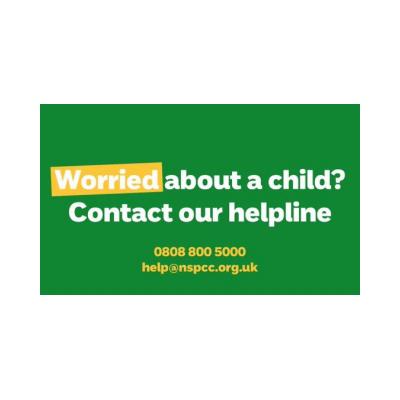NSPCC Northern Ireland unveils pioneering programmes of support for children living with a high risk of harm
Professor Julie Taylor, Head of Strategy and Development for the NSPCC’s physical abuse in high risk families theme, is to launch the charity’s programme of work in Northern Ireland at the BASPCAN Congress in Belfast.
Addressing professionals from a range of disciplines from across the UK and internationally, Professor Taylor will share the NSPCC’s latest research findings and discuss plans to better support vulnerable families and help keep local children safe:
“This is a great opportunity to share some of the pioneering work planned for, or already underway in, Northern Ireland.
“The NSPCC has made physical abuse in high risk families a priority for its policy, research and services. We have gathered the latest research about the nature and scale of harm to children who live in high risk families, to help us identify what works best to keep them safe.
“Research shows that seven per cent of children in the UK experience serious physical abuse and 21 per cent experience serious or intermediate physical abuse – including hitting, shaking, throwing, poisoning, burning or scalding, drowning or suffocating - by the age of 18.
“No child should suffer violent treatment, and we must be aware of the long-lasting hidden damage victims can suffer, including physical changes to the developing brain and body as a result of trauma and stress, mental health and behavioural implications, and disruption to education and social relationships.
“Importantly, we need to stop the abusive cycle, which can sometimes see violence repeated down through the generations.”
Professor Taylor’s contributions at the congress will look at some of the programmes being introduced by NSPCC Northern Ireland to support children and families living in complex and difficult circumstances, to prevent and protect children from the effects of abuse.
“We are delighted by the implementation of our ‘Caring Dads: Safer Children’ programme in Northern Ireland, for example, which recognises that fathers who are violent to their partners often spend time with their children, even if they no longer live with them. The programme protects children by working with fathers who have perpetrated domestic abuse to help them understand how their violent behaviour has affected their children, stop their abuse and improve their parenting.
"Recovery from the effects of early neglect or abuse can be rapid and remarkable if safe, nurturing care is achieved early enough in a child's life. Our aim is to reduce the long term burden on care services and to ensure that the children we work with experience no further abuse or neglect and that they go on to lead happy and successful lives."
NSPCC therapeutic teams across Northern Ireland are also working with children between five and 11 years old, who live with parental drugs and alcohol problems - FEDUP (Family Environment: Drug Using Parents) – and children aged eight to 13 years old who have at least one parent living with a mental health problem - Family SMILES (Simplifying Mental Illness plus Life Enhancement Skills).

